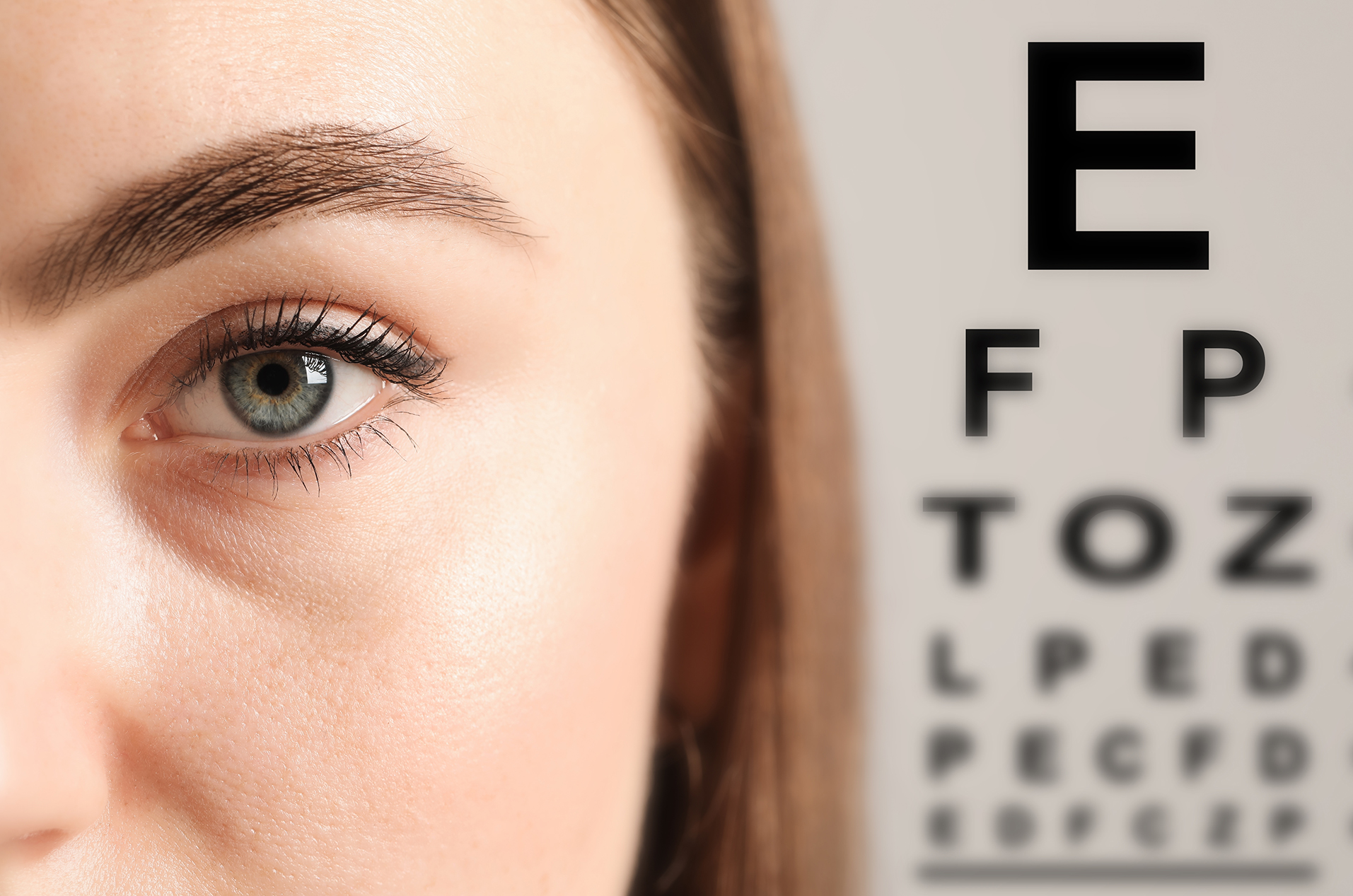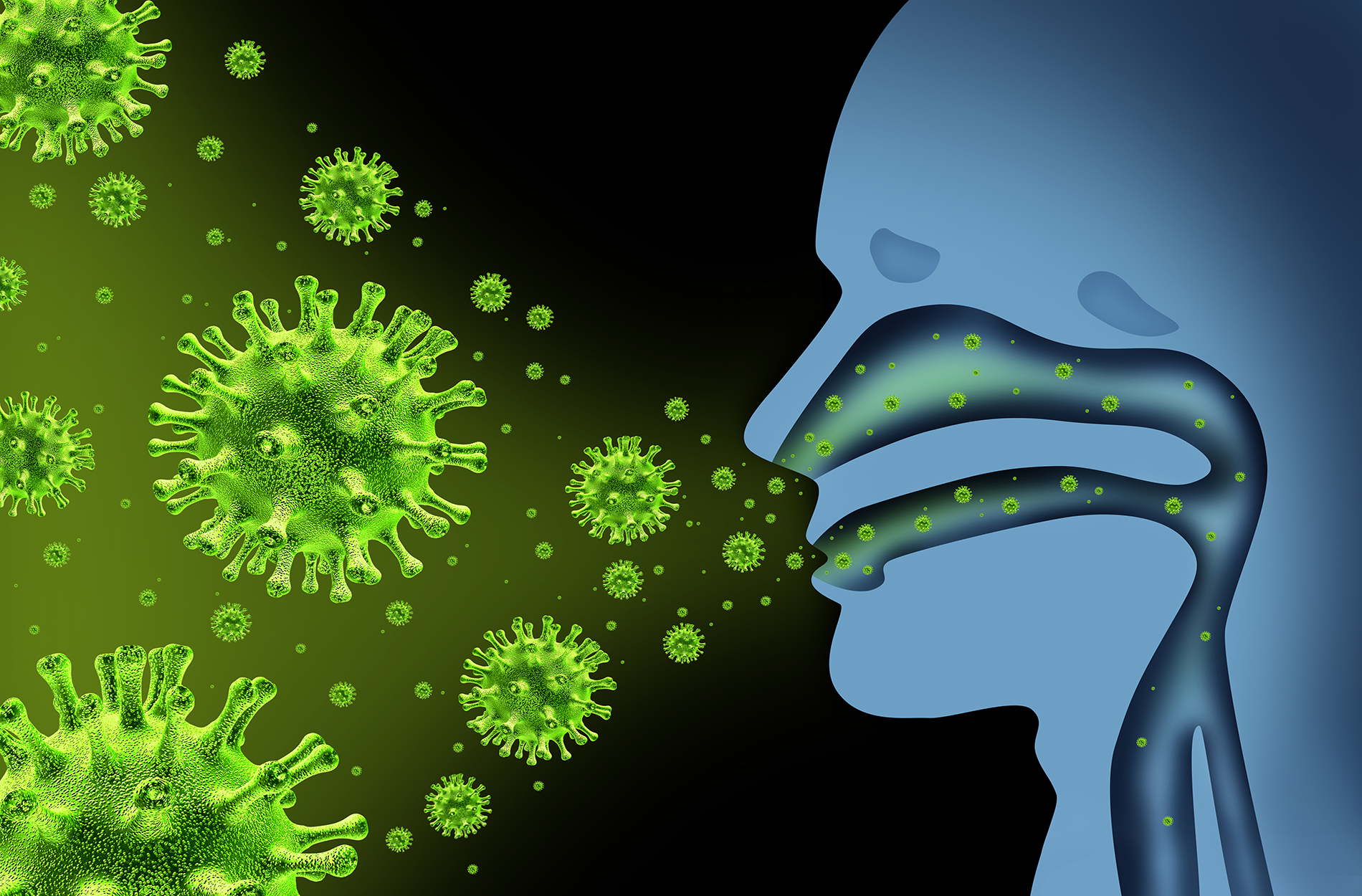In an era dominated by quick-fix solutions and instant gratification, the importance of maintaining a relationship with a primary care doctor may be overlooked, especially among millennials and Gen Z. With urgent care clinics and telemedicine options readily available, younger generations may not see the need for a primary care physician. But Krista P. Gressette, MD, with The Columbia Medical Group, says there are better ways to care for your health than relying on urgent care.
Why is it important for young adults to have a primary care physician?
Even if you have no current concerns, getting established with a PCP while you're healthy allows you to build a relationship with a provider you trust. That way, when an issue arises, you have someone who knows you and your medical history to address the problem quickly.
How often should someone in their 20s or 30s see a PCP?
For most young, healthy adults, having an appointment once a year for a physical exam is appropriate. That annual visit allows them to check in with their PCP, go over any new symptoms they're experiencing, and get lab work to screen for changes since the last visit. Depending on the results, your doctor may ask you to return sooner than one year.
What are the health screenings needed by those under age 40?
Blood pressure screening for hypertension, glucose screening for diabetes, and lipid screening for high cholesterol are some health screenings needed in young adults. Depending on your personal and family history, your provider may also recommend other screenings.
What's the risk of not having regular exams?
Some diseases may be silent and present with no symptoms, so only going to your doctor when you're having symptoms can lead to missed or delayed diagnoses. For example, someone may have diabetes but be asymptomatic. A yearly checkup with your PCP could catch prediabetes or diabetes in time to treat it early and prevent long-term damage to the body.
What else do you want young adults to know about their health?
Putting in the work to stay healthy in your 20s and 30s leads to staying healthy later in life. Without preventative care and annual exams, health issues can go unnoticed and become serious problems. Primary care physicians don't just give vaccines and screen for cancer; we are a resource to empower you with accurate knowledge about your health so you can make the right decisions for your body.

Krista P. Gressette, MD, The Columbia Medical Group







Leave a comment